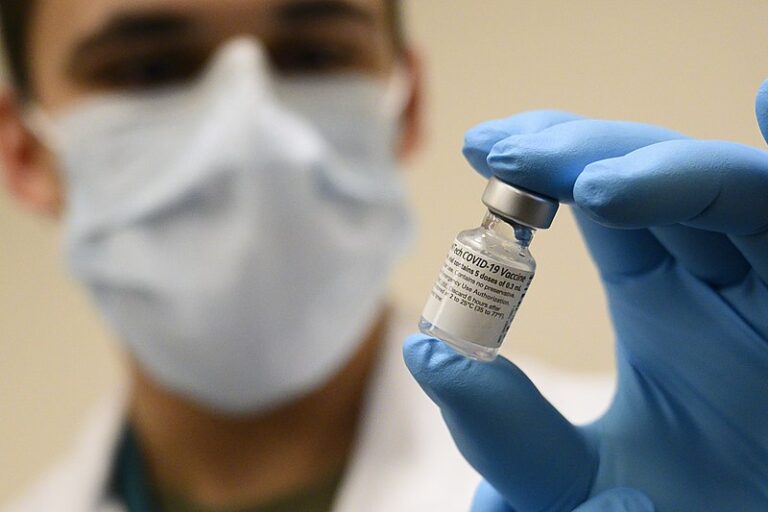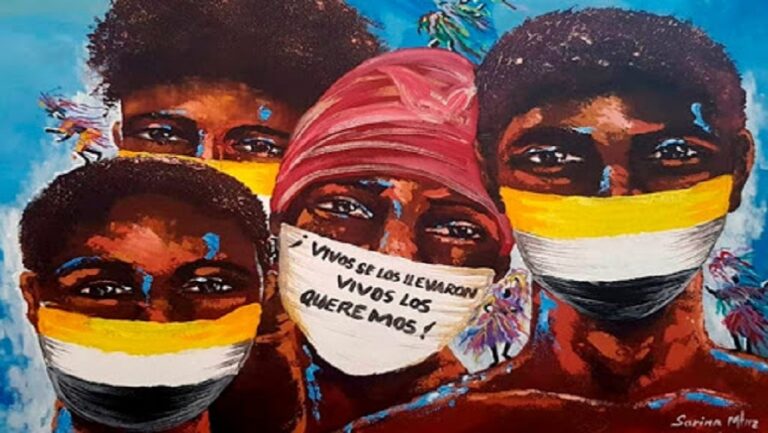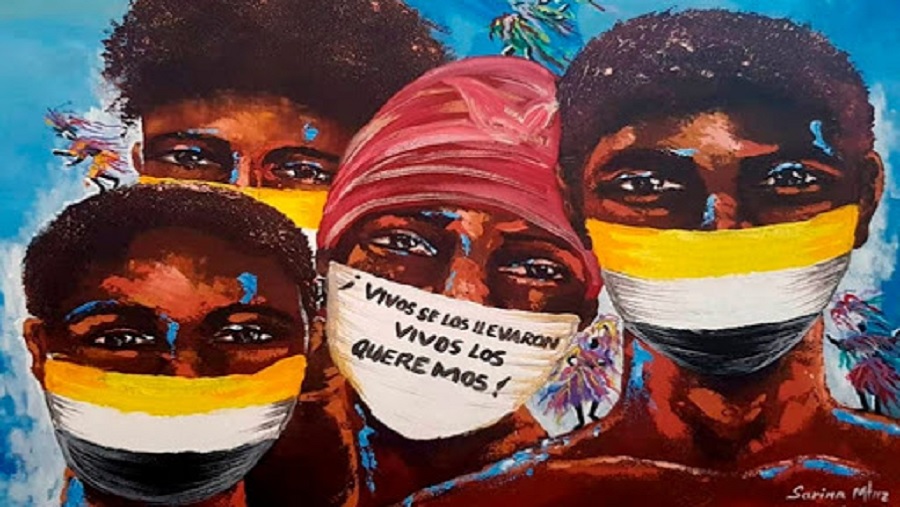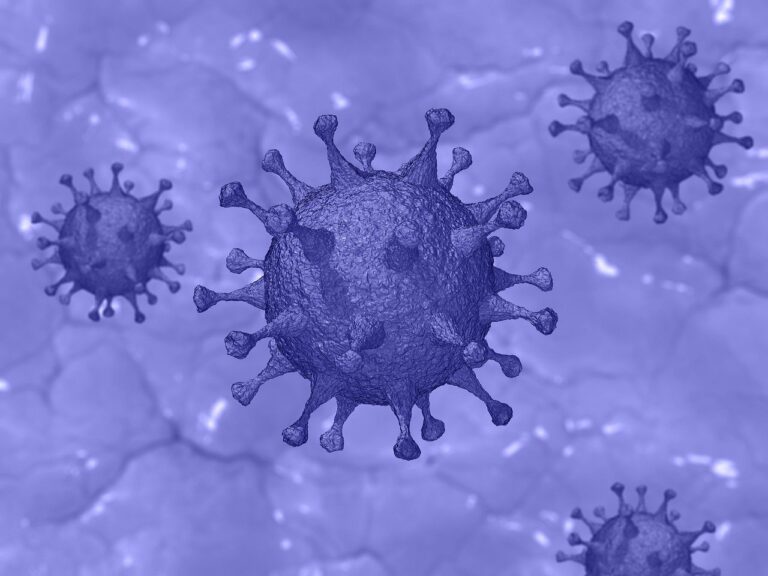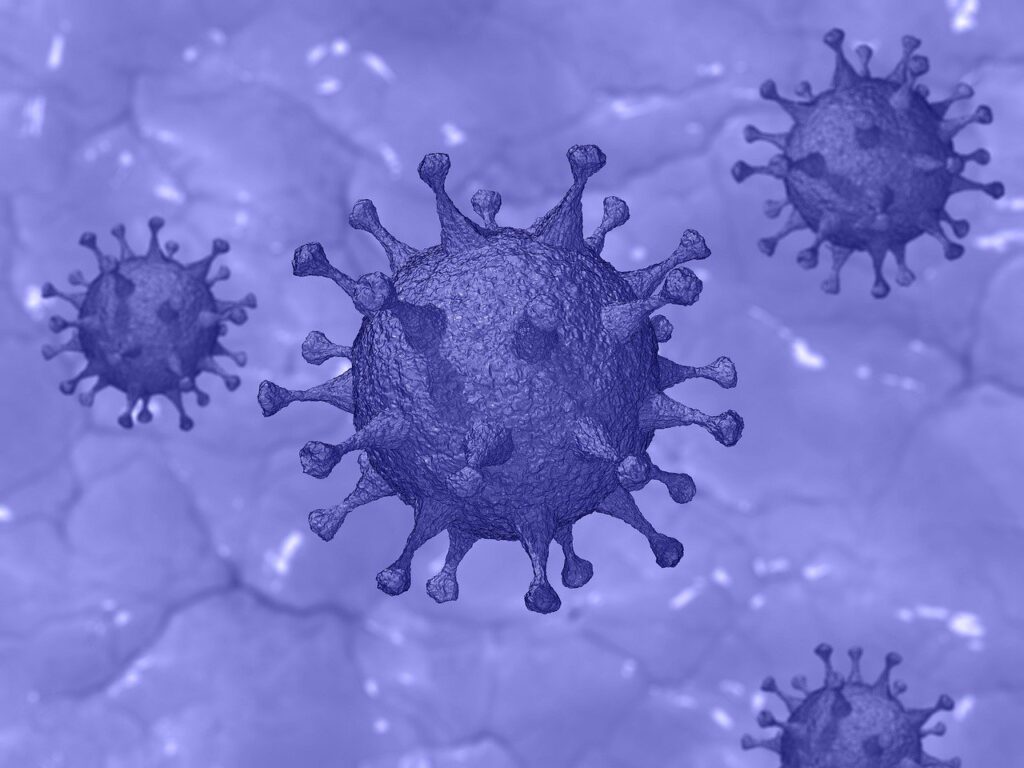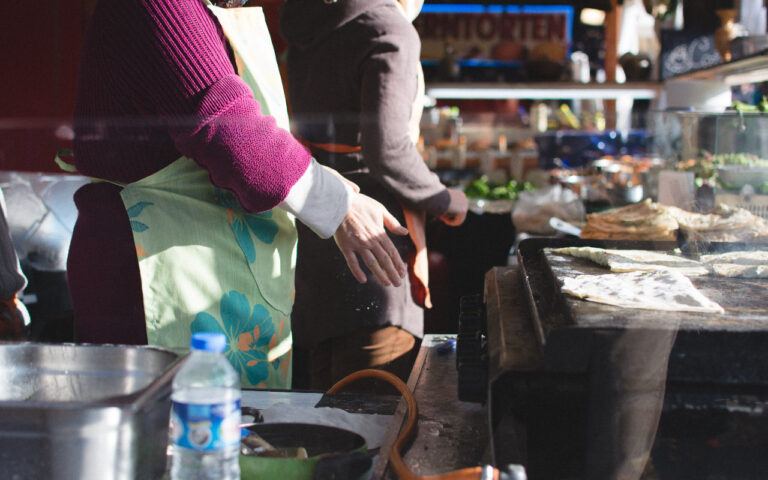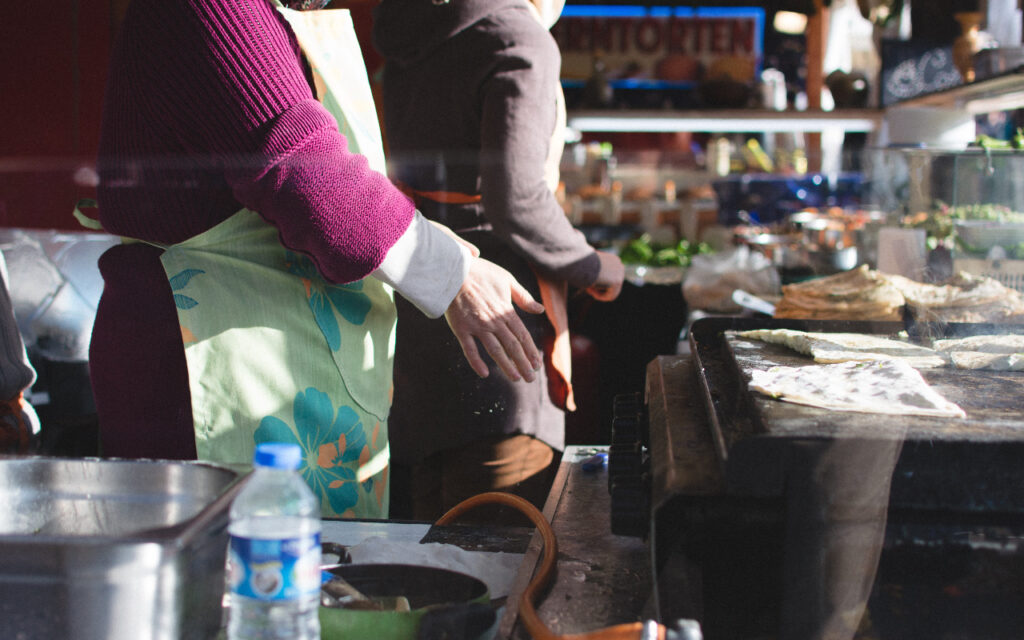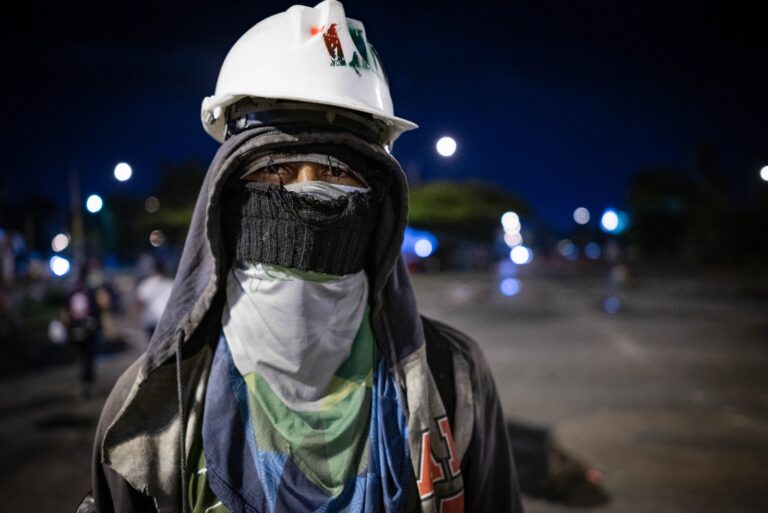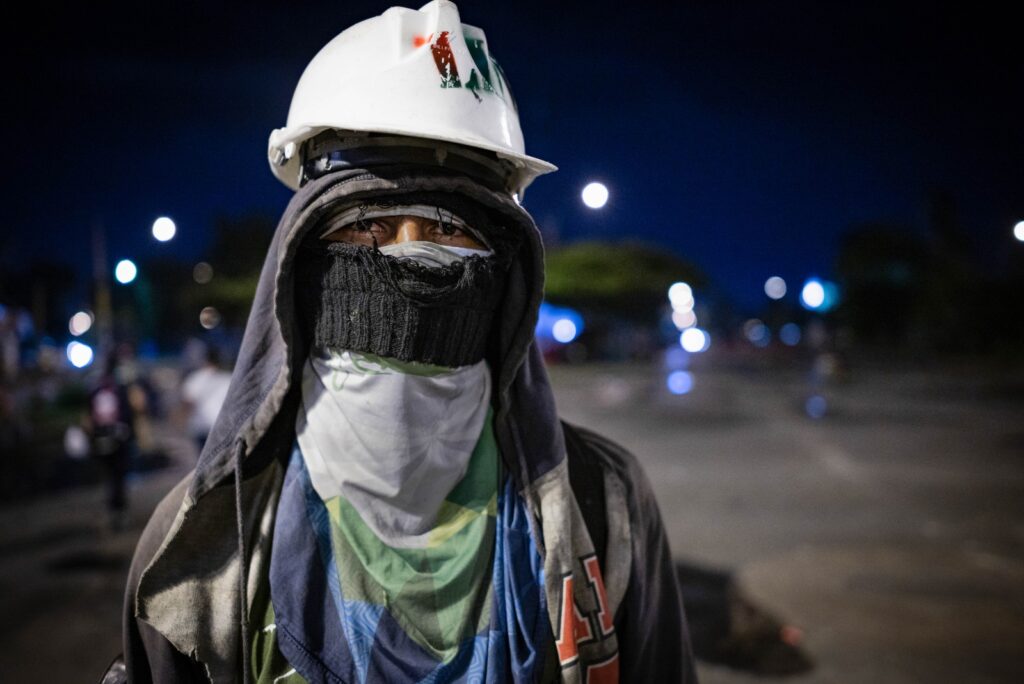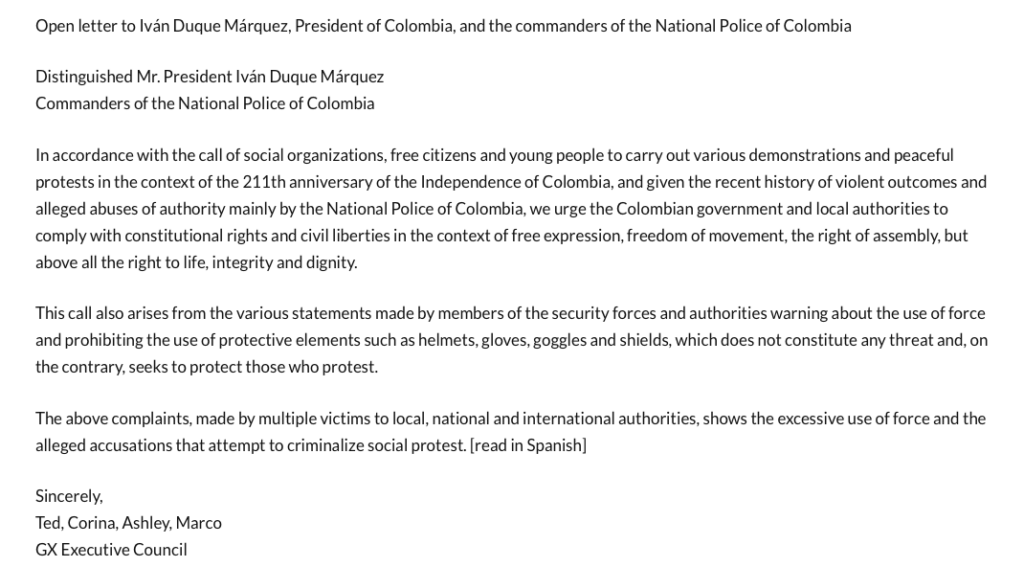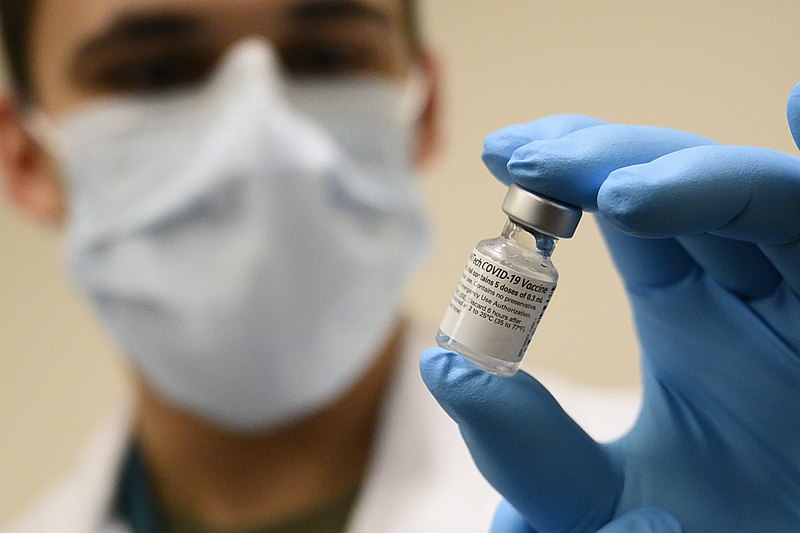
By Pamela Cruz. Peninsula 360 Press [P360P]
*Scientists analyzed blood samples from a group of Pfizer vaccine recipients to learn precisely what effects the vaccine has on the immune system.
According to a study led by researchers at Stanford University School of Medicine, the second dose of the COVID-19 vaccine should not be skipped, as it induces a powerful boost to a part of the immune system that provides broad antiviral protection, which may even protect against other viruses in addition to SARS-CoV-2.
The study, published July 12 in Nature, was designed to find out exactly what effects the Pfizer-marketed vaccine has on the many components of the immune response.
Thus, after analyzing blood samples from inoculated individuals, the researchers found that the first injection increases the levels of SARS-CoV-2 specific antibodies, as expected, but not as much as the second injection.
"The second dose has powerful beneficial effects that far outweigh those of the first dose," said Bali Pulendran, professor of pathology and microbiology and immunology, and one of the study's lead authors.
This second dose, he said, "stimulated a multiple increase in antibody levels, an excellent T-cell response that was absent after the first injection, and a strikingly enhanced innate immune response."
T cells seek out and destroy immune cells that do not attach to viral particles as antibodies do, but instead scan the body's tissues for cells that show telltale signs of viral infection and, when found, destroy those cells.
However, Pulendran detailed that the second dose of the vaccine triggered the massive mobilization of a newly discovered group of monocytes, or first responder cells, which are normally rare and inactive because they barely move in response to an actual COVID-19 infection. But the Pfizer vaccine induced them.
This special group of monocytes, which are part of the innate immune system, made up only 0.01 percent of all circulating blood cells before vaccination. But after the second injection of the Pfizer vaccine, their number increased 100-fold to 1.0 percent of all blood cells.
In addition, he stressed, their disposition became less inflammatory but intensely antiviral. "They seem uniquely capable of providing broad protection against a variety of viral infections," Pulendran said.
"The extraordinary increase in the frequency of these cells, just one day after the booster immunization, is striking," the expert stressed. "It is possible that these cells can attack not only SARS-CoV-2 but also against other viruses".
Both the Pfizer, and the one manufactured by Moderna, work quite differently from classic vaccines composed of live or killed pathogens, individual proteins or carbohydrates that train the immune system to zero in on a particular microbe and eliminate it.
Instead, the Pfizer and Moderna vaccines contain genetic recipes for making the spike protein that SARS-CoV-2, the virus that causes COVID-19, uses to attach to the cells it infects.
Traditionally, the main immunological basis for approval of new vaccines has been their ability to induce neutralizing antibodies: individualized proteins created by immune cells called B cells, which can attach to a virus and block it from infecting cells.
New vaccines, a path to new immunological horizons
Messenger RNA (mRNA) vaccines, such as those from Pfizer or Moderna, use genetically modified ribonucleic acid to give cells instructions on how to make the S protein found on the surface of the COVID-19 virus.
After vaccination, the immune cells begin to make the parts of the S protein and display them on the surface of the cells. This causes the body to make antibodies. So if there is a COVID-19 infection later on, these antibodies will fight the virus.
RNA or ribonucleic acid is the other type of nucleic acid that makes protein synthesis possible. While DNA contains the genetic information, RNA is what allows it to be understood by cells.
Once it sends the instructions, the mRNA is immediately degraded. It never enters the nucleus of cells, where DNA (deoxyribonucleic acid) is stored.
You may be interested in: This is becoming the pandemic of the unvaccinated.

